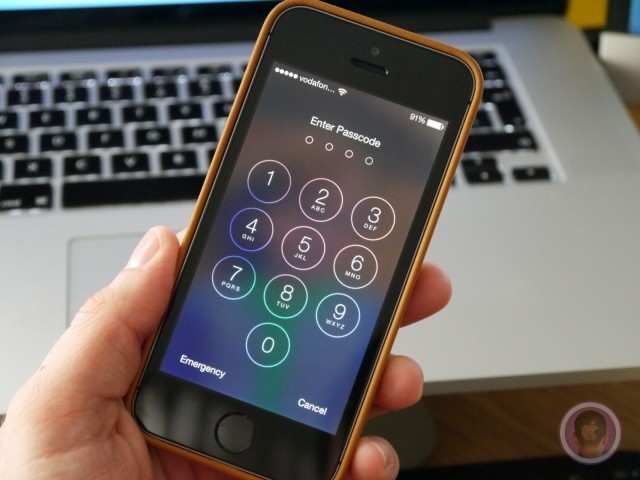4 Top Tips for Protecting and Recovering Your iPhone Data

 Recent survey results show that losing a smartphone is one of the most stressful things that we can go through. And, in today’s digital world, that’s not all that surprising – our smartphones store a tremendous amount of data about ourselves, our personal lives, financial information, families, contacts, and more. Losing your iPhone is most worrying as although the gadget itself is replaceable, often the data stored on it is not. Additionally, it can be stressful to think about what could happen should your data get into the wrong hands. So, we’ve put together some top tips to help you protect and guard the information, files and data stored on your iPhone.
Recent survey results show that losing a smartphone is one of the most stressful things that we can go through. And, in today’s digital world, that’s not all that surprising – our smartphones store a tremendous amount of data about ourselves, our personal lives, financial information, families, contacts, and more. Losing your iPhone is most worrying as although the gadget itself is replaceable, often the data stored on it is not. Additionally, it can be stressful to think about what could happen should your data get into the wrong hands. So, we’ve put together some top tips to help you protect and guard the information, files and data stored on your iPhone.
Data Recovery Services
If you have lost the information on your iPhone due to a breakage or water damage, for example, then the first thing that you should do is recover any files that you have backed up to the cloud. If you don’t use iCloud backup, however, getting your lost data back can be a little trickier. The strong layer of security used by Apple for their iPhone devices can be great for helping you to avoid getting hacked, but works against you when it comes to recovering your own data. In order to reduce your risk of really losing everything for good, contact an experienced, professional company offering data recovery in New York.
iCloud Backup
One of the main ways in which you can protect your data is to ensure that everything is backed up to the cloud. With an iPhone, you can set automatic backups, allowing you to simply restore everything from your iCloud memory and transfer it onto a new device if needed. This way, there’s no need to worry about your data being lost for good if you were to drop your smartphone in the tub, for example.
Find My iPhone
Another method that all iPhone users should be using to protect the data on their iPhone is the ‘Find my iPhone’ feature. Not only is this handy for pinpointing your iPhone’s exact location if you were to lose it, there is also a handy feature that allows you to wipe all of your data from the handset’s memory if it is stolen or lost. When your files are backed up to iCloud, you have the peace of mind that comes from knowing you can easily delete information off your handset whilst still having electronic access to it all.
Strong Passwords
Lastly, another important way to protect the data stored on your iPhone is to use strong passwords. Even if you generally use the Touch ID feature to unlock and use your iPhone, don’t be tempted to use a weak backup PIN or password which could be easily guessed by somebody else. Additionally, be sure to create a strong iCloud password which you change regularly.
The data stored on our iPhones is often precious to use, and much of it could provide the wrong person with information that we wouldn’t want them to know. So, be sure to follow these main steps when protecting your iPhone’s files and data.




